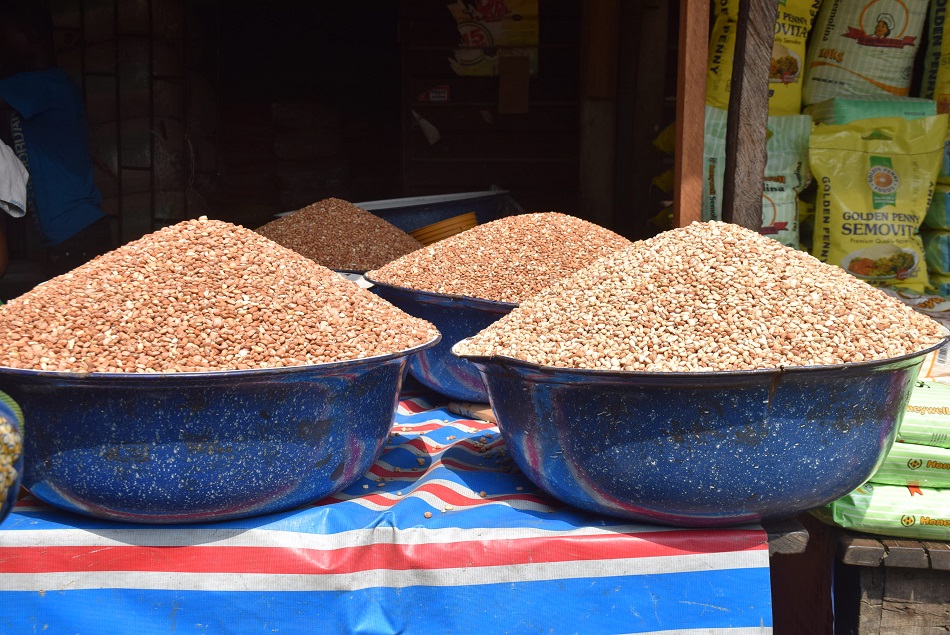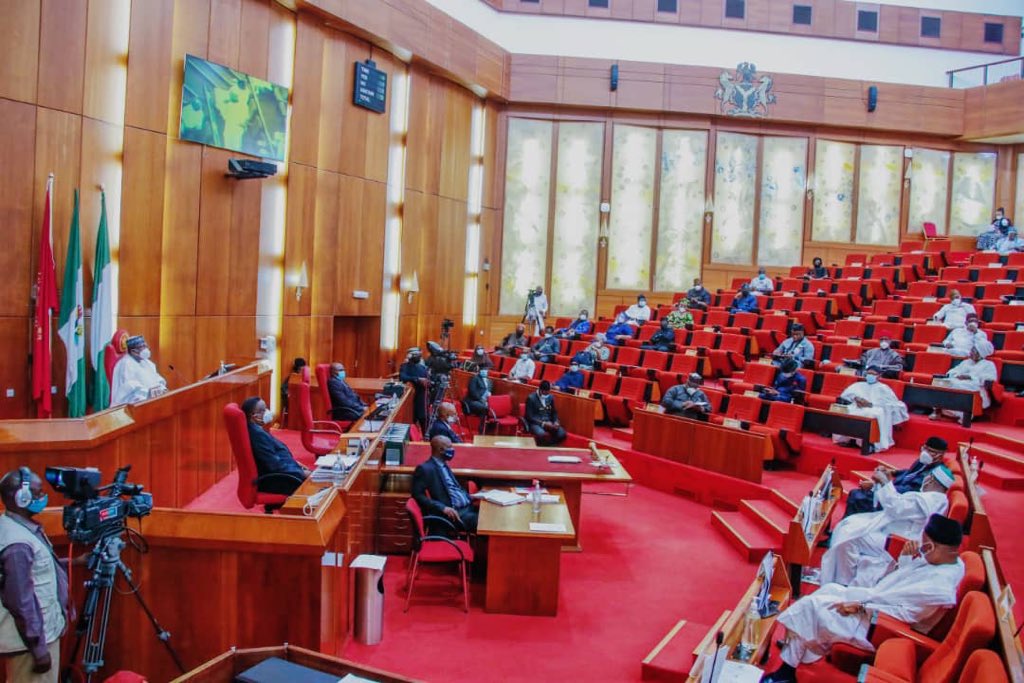The National Bureau of Statistics (NBS) says 30 percent of Nigerian households experienced severe food insecurity in June.
In its recently released COVID-19 impact monitoring report for June, the bureau said the food security situation in Nigeria substantially worsened after the outbreak of the virus.
“About 30 percent of households interviewed in June experienced severe food insecurity due to lack of money or other resources,” the report read.
“However, there was no significant increase in access to safety nets or other forms of support.
Advertisement
“The incidence of severe food insecurity in June 2020 was nearly three times higher than in July/August 2018 and nearly six times higher than in January/February 2019.”
The data office said it interviewed 1,820 households from the baseline and the data collected are representative at the national level.
Only 13 percent of the households reported receiving food assistance while two percent of households reported receiving a direct cash transfer.
Advertisement
Support from family and friends were also reported to have been affected as the share of households receiving remittances from within Nigeria decreased from 22 percent in April/May to 18 percent in June.
Stating the impact of the pandemic on businesses, the bureau said it gathered that 70 percent of those involved in non-farm household businesses reported having difficulty selling goods and services.
“The most widely reported challenges faced by non-farm businesses are difficulty raising money (87 percent of households owning non-farm businesses), difficulty buying and receiving supplies and inputs (77 percent), and difficulty selling goods and services (70 percent),” the bureau said.
“These challenges persist across both urban and rural areas. This suggests that both input and output markets continue to be disrupted by the COVID-19 crisis.”
Advertisement
The number of people who were not working in June was also reported to have reduced; a situation the NBS attributed to the easing of lockdown restrictions.
However, the incomes of such households were reported to remain at precarious levels; especially for those with a non-farm business.
For households engaged in agricultural activity, 38 percent had to modify their farming plans.
Out of this percentage, 52 percent reported reducing the area they planted, 30 percent planted crops that take less time to mature, and another 25 percent reported delaying planting time.
Advertisement






